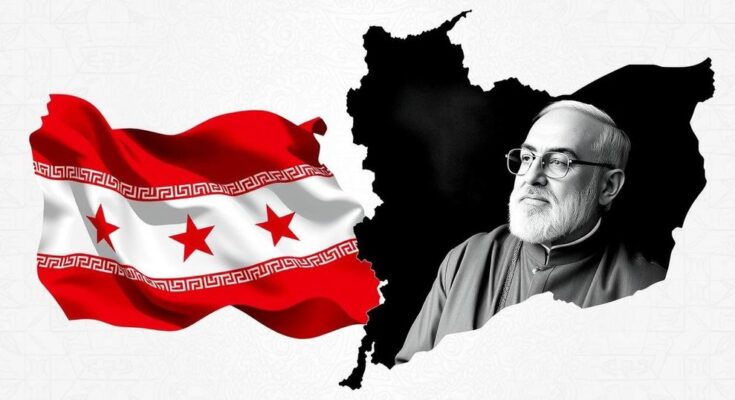Iran’s regional strategy is deteriorating, exemplified by the fall of Assad and losses at the hands of Israel. The collapse of Assad disrupts Iran’s logistical paths to Hezbollah. Ongoing geopolitical challenges arise amid international sanctions and military actions, reshaping the dynamics of Middle Eastern power.
The political landscape for Iran’s government has deteriorated dramatically, as its strategy of establishing a regional “Axis of Resistance” is faltering. Following a successful Israeli campaign in Gaza after the October 7, 2023, Hamas attack, Israel has targeted Hezbollah in Lebanon and has conducted airstrikes within Iran. The collapse of Syrian President Bashar Assad’s regime marks a significant blow to Iran, which viewed Syria as the critical link to transferring resources to Hezbollah and projecting power in the region. Rebel forces seized Damascus, symbolizing the end of Assad’s over five-decade rule, as Iranian officials voiced concerns about the weakening of resistance against Israel.
Iran has long pursued a policy of cultivating alliances with militias and governmental structures across the Middle East to counteract Israeli influence and bolster its regional presence. Syria has played an integral role in this strategy, acting as a conduit for Iranian arms to Hezbollah in Lebanon. The recent overthrow of Assad signifies not only a loss of territory but also a blow to the logistical capability of Iran’s resistance infrastructure, further complicating its influence in the Shiite-dominant regions of the Middle East. This shift comes amid increasing pressures from international sanctions on Iran due to its nuclear ambitions and its involvement in regional conflicts.
The combined defeats in Syria, Lebanon, and Gaza have severely undermined Iran’s influence in the Middle East. While the Iranian regime has tools at its disposal, such as its nuclear program, the erosion of its ‘Axis of Resistance’ could stimulate internal discontent, concerning its investment in external conflicts rather than domestic stability. Looking ahead, Iran must navigate the complexities of a rapidly changing regional landscape while managing the repercussions of its diminishing power and affording itself sufficient leverage against both the Israeli military and regional adversaries.
Original Source: apnews.com




